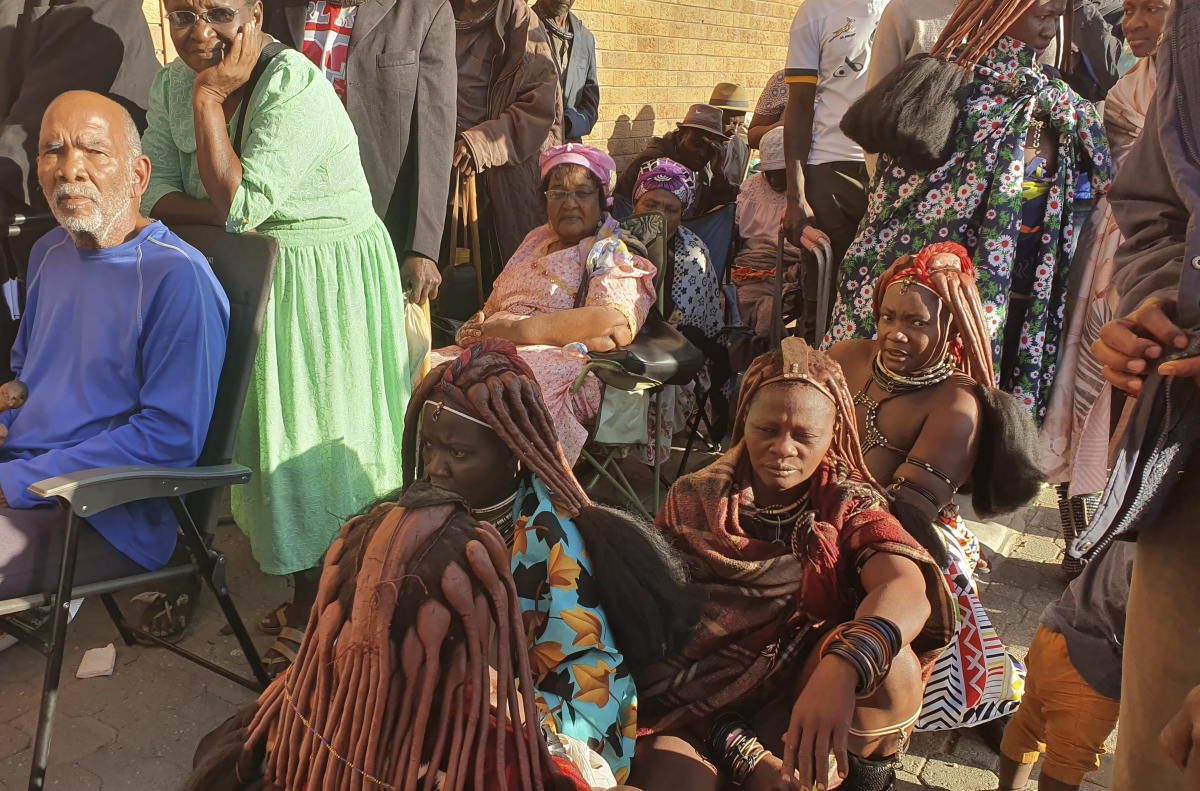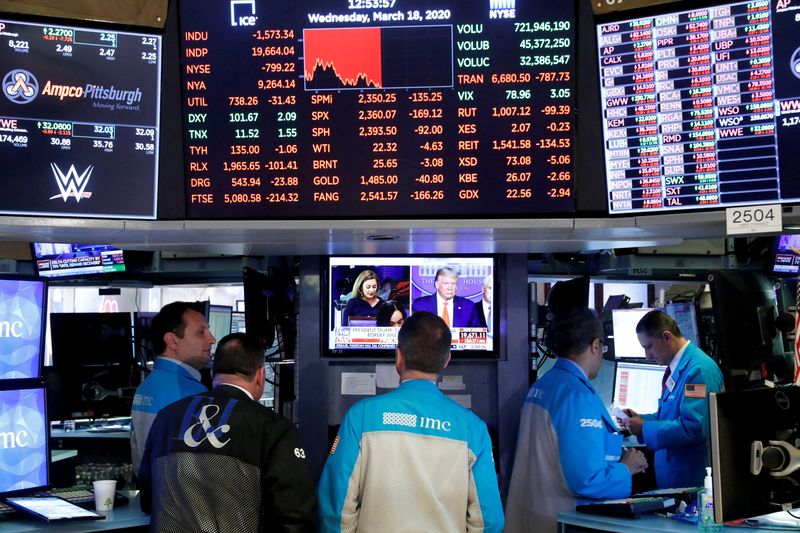
WINDHOEK, Namibia (AP) — A 72-year-old woman who joined Namibia’s independence movement in the 1970s is a strong contender to become its first female leader as the country votes in a presidential election on Wednesday.
Netumbo Nandi-Ndaitwah is the current vice president and the ruling SWAPO party’s candidate for president and leads after the results of special early voting among citizens overseas and the armed forces were announced earlier this month.
But SWAPO, which has governed the southern African country and held the presidency for 34 years since independence from apartheid South Africa in 1990, faces growing frustration caused by high unemployment and economic hardship, especially among young people.
Advertisement
Advertisement
That is a common theme that has led to momentous election upsets in other countries in the region this year. In neighboring South Africa, the African National Congress that ruled for three decades lost its majority in a landmark election result in June. Botswana’s ruling party lost in a landslide last month after 58 years in power, and Mauritius delivered a surprising heavy defeat for its incumbent party this month.
Mozambique’s long-ruling Frelimo party was declared the winner in an election there in October, prompting violent and ongoing protests and claims of vote rigging.
About 1.4 million people — approximately half the Namibian population — are registered to vote to decide the president and the makeup of Parliament. The country on the southwestern coast of Africa is a former German colony that came under South African control after World War I. SWAPO was at the forefront of the battle for independence.
Fourteen other candidates are also running for president, including Panduleni Itula, a former dentist who was SWAPO’s closest challenger four years ago when he ran as an independent. A runoff will be held if a candidate doesn’t win more than 50% of the votes, which has never happened before in Namibia.
Advertisement
Advertisement
President Hage Geingob died in office in February and Geingob’s vice president, Nangolo Mbumba, became head of state.
While Nandi-Ndaitwah represents the rare chance for a female leader in Africa, SWAPO’s popularity has slipped and the party won the presidency with its lowest share of the vote ever in the last national election in 2019.
Nandi-Ndaitwah, who received part of her education in the then-Soviet Union while in exile during the fight for independence, has promised to create more jobs and tackle the 20% unemployment rate for young people and graduates. She has pledged to spend approximately 85 billion Namibian dollars ($4.7 billion) over the next five years to create more than 500,000 jobs, a goal that her critics call unrealistic.
Issues affecting women, including reproductive rights, equal pay and healthcare, are also likely to rank high for voters in a country that has the Kalahari Desert running through its center and the Namib Desert along its coast and has one of the sparsest populations in the world. Just over 3 million people live in Namibia, which is more than twice the size of Germany.
___
AP Africa news: https://apnews.com/hub/africa
EMEA Tribune is not involved in this news article, it is taken from our partners and or from the News Agencies. Copyright and Credit go to the News Agencies, email news@emeatribune.com Follow our WhatsApp verified Channel





